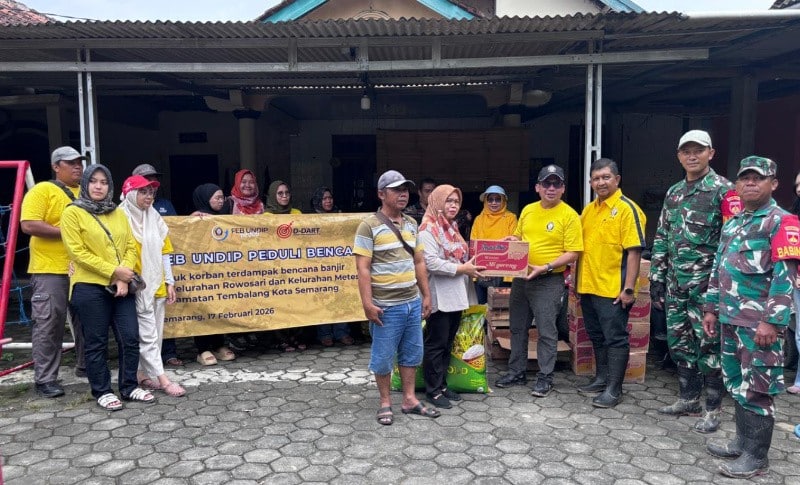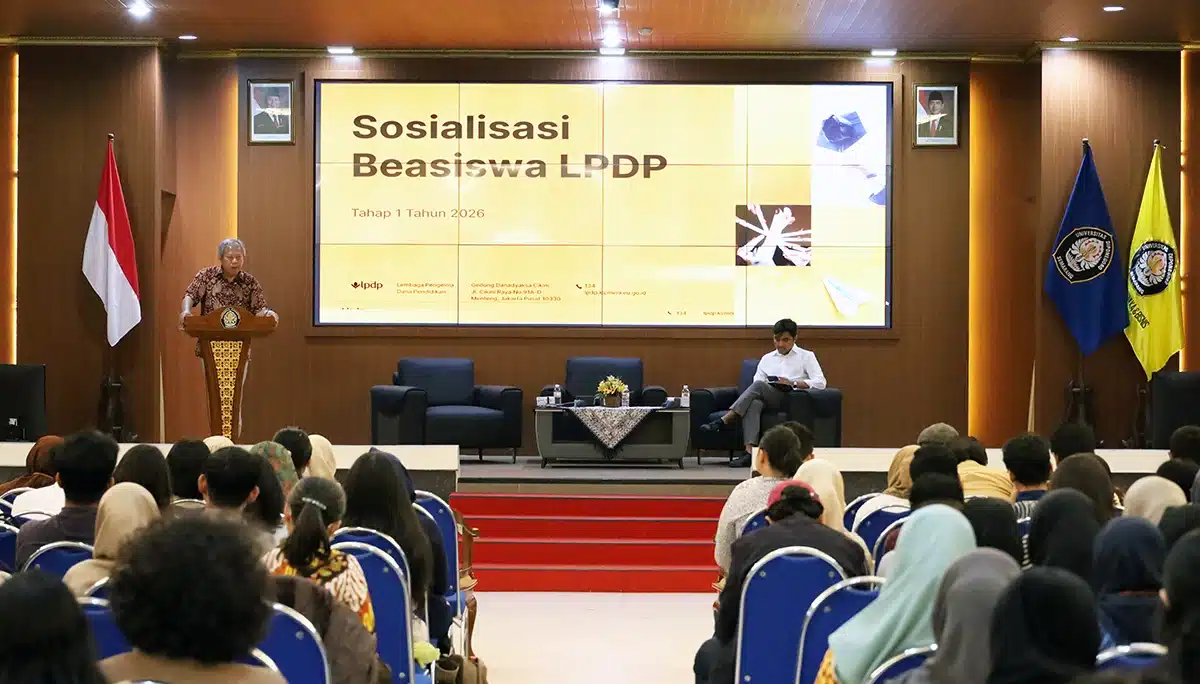SEMARANG – Center for Halal Studies at Diponegoro University Semarang encourages hotel and restaurant industry actors to be more aggressive in improving the management of halal products. The great potential of halal products needs to be complemented by the self-readiness of industry actors.
Chairperson of the Center for Halal Studies, Diponegoro University, Prof. Dr. Widayat ST MT, said that restaurants or bistros and hotels are the main supporters of the tourism industry. For this reason, in building halal tourism, it must be started from the process of processing halal products in restaurants and hotels.
“The provision of halal products is to ensure the fulfillment of consumer needs in carrying out their beliefs. So that consumers do not need to worry when consuming the served food and drinks,” he said in a serial online seminar “Towards Management of Healthy, Hygienic and Halal Restaurants and Bistros”, Thursday (6/8/2020).
According to him, the government is currently intensively developing the sharia economic ecosystem and the halal industry which is expected to support the Indonesian economy, given the huge market potential in this segment. This can be seen from the Strategic Plan for Halal Tourism Development 2019-2024 compiled by the Ministry of Industry, which believes that the strength of Indonesian halal tourism lies in the readiness of the destination to become a destination for global tourist visits.
On the same occasion, Ir Heru Isnawan MM, Chairperson of the Regional Governing Bodies (BPD) of the Indonesian Restaurant Hotel Association (PHRI) in Central Java, said the association has provided outreach to its members circa 5-6 years ago, conveying that halal tourism has great business potential.
Even some restaurant business actors from non-Muslim circles are said to be enthusiastic in asking about the mechanism for obtaining halal certification. “This needs to be understood as an extended service. I often convey to my fellow entrepreneurs, that there are segments of this halal product,” said Heru Ismawan.
According to him, the reason why Middle East citizens are not really willing to visit Indonesia is because they think that tourism actors in Indonesia do not really mind of their needs. “If we want to see, those from Middle East are the most who consume, compared to other countries,” said Heru when presenting the paper “Preparation from PHRI Central Java in Supporting Implementation of the Law on Guarantee of Halal Products & Tourism Cities”.
He also added that the naming of the halal label has evolved, from Syar’i products to Muslim Friendly. This, he continued, was to get closer to the community and avoid being exclusive. This is because in some areas the implementation of this halal product is still not fully accepted by the community because it is considered a barrier between communities.
Other speakers at this seminar were, Dr. Sunarno S.Si., M.Si from the Center for Halal Studies, Diponegoro University who shared the procedure for “Halal Certification for Restaurants and Bistros”. He said that the halal certification for this restaurant aims to provide comfort and assurance of the availability of halal products for the community. Besides that, it also provides added value for halal product providers.
Meanwhile, Ir. Nanung Danar Dono, S.Pt., MPPhD from the Center for Halal Studies UGM delivers material related to “Choosing Halal and Healthy Meat”. As for Chef R. Muhammad Suherman as a practitioner and activist of halal culinary as well as a consultant for the halal industry, explained the material related to “How to Process or Cook Halal and Healthy Food”.









